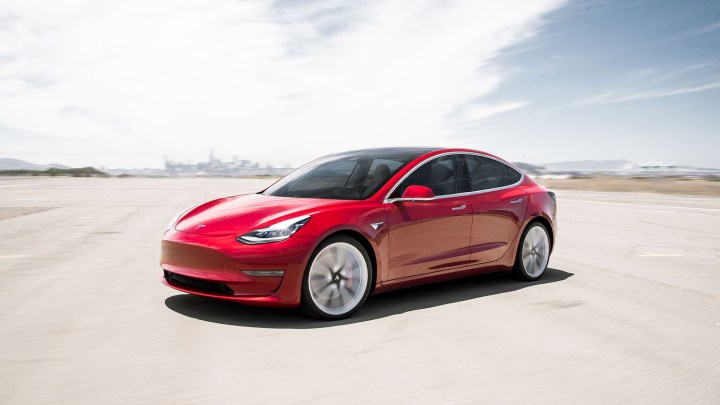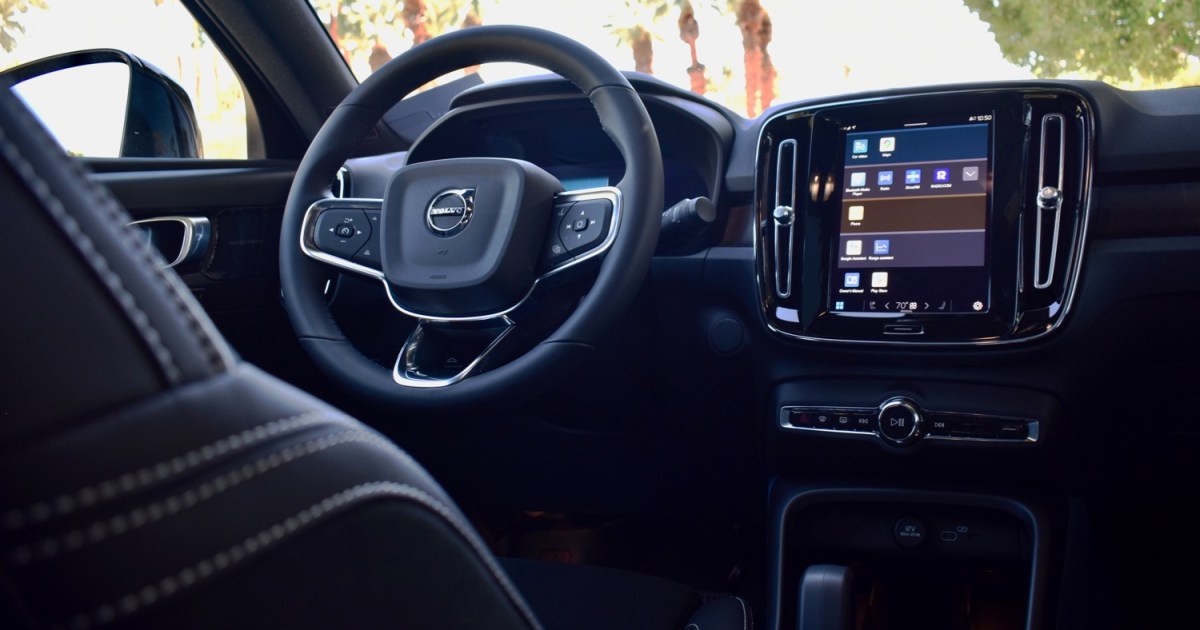Your car insurance provider apparently knows much more about you than you might think — and it’s using that information to inform your rates. According to a new report from the New York Times, new cars with internet-enabled features are tracking your driving habits, and that data is being shared with data brokers who then sell the information to car insurance companies.
This is all done regardless of the driver’s involvement. These days, when you buy a car, you often have the option to lower your insurance rates by downloading an app and letting your car track things like how harshly you brake and how you take corners. However, data collection happens regardless of whether you opt in to those features or not.
The report notes that major carmakers, like General Motors, Ford, Kia, and Suburu, share data with brokers, like LexisNexis and Verisk, who then analyze it and pass it on to insurance companies. The insurance companies then use it to determine a “risk score” for a driver — which then factors into the rates that insurance companies charge drivers.

The news isn’t all that surprising, though it is disappointing. Last year, a report from Mozilla noted that cars are the “worst product category” Mozilla has ever reviewed for privacy. In fact, according to the report, cars are tracking not only driving habits and location, but also metrics like biological characteristics, sexual orientation, sex life, genetic data, and more. All carmakers are guilty of this, too — with Tesla being among the worst offenders.
Thankfully, there does seem to be some traction toward regulating the kinds of data that carmakers can collect. U.S. Senator Ed Markey (D-Massachusetts) recently wrote a letter to the Federal Trade Commission (FTC) arguing that there aren’t enough limitations on carmaker data collection.
“I write to urge the Federal Trade Commission to investigate the data privacy practices of auto manufacturers,” said Markey in the letter. “With new advances in vehicle technology and services, automakers have been vacuuming up huge amounts of data on drivers, passengers, and even individuals outside the vehicle. Based on public reporting and responses to my own inquiries into these practices, automakers face few, if any, limitations on the collection, use, and disclosure of this data. Consumers are often left in the dark.”
Editors’ Recommendations

